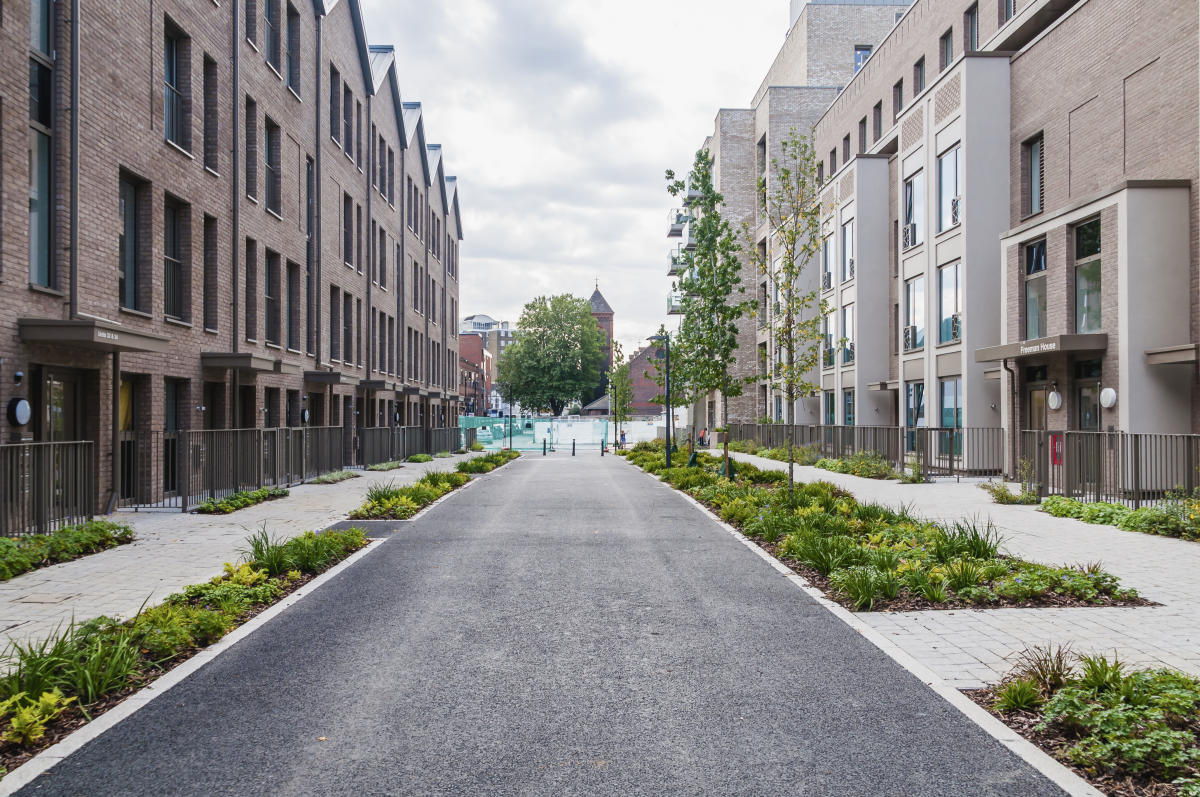Mortgage rates expected to rise again as inflation soars above 10%
Homeowners have a month in which to remortgage before the Bank of England’s next interest rate setting meeting.
Inflation soared into double-digit territory in July to stand at a new 40-year high of 10.1%.
The jump in the rate at which the cost of living is increasing was bigger than both the Bank of England and economists had predicted.
Commentators are warning the rise makes it likely the Bank’s Monetary Policy Committee will increase interest rates again when it meets on 15 September.
The situation also increases the likelihood that the committee will hike the official cost of borrowing by 0.5%, rather than 0.25%.
Homeowners who are coming to the end of their mortgage deal have just under a month to secure a new one before the interest rate setting meeting takes place.
Compare the best mortgage deals at Money.co.uk
Why is this happening?
The Bank of England has been increasing interest rates since the end of last year in a bid to control inflation.
But inflation as measured by the Consumer Prices Index remains stubbornly high due to a combination of the conflict in Ukraine impacting energy and fuel prices, and disruption to the supply chain following the Covid-19 pandemic.
The Bank is supposed to keep inflation at around 2%. With inflation currently running at more than five-times this level, it is widely expected to make further interest rate rises in the coming months.
What should I do?
The good news is that homeowners have nearly a month before the Bank of England’s next interest rate setting meeting in which to take action.
If you are currently on a fixed rate mortgage that is not close to the end of its term, you do not need to do anything. This is because the interest rate you are charged will not change until your deal ends.
But if you are close to the end of your current term, it's a good idea to start looking for a new deal now.
Most lenders will allow you to secure a new mortgage up to six months before your current one ends.
If you are in this situation, you may want to put in a new application as soon as possible, as lenders may start repricing their mortgages ahead of the next Bank of England meeting following the latest inflation news.
If you are currently on your lender’s standard variable rate – the rate you are automatically moved to when a deal ends - you should also consider remortgaging.
The average standard variable rate is currently 5.17% - significantly higher than interest of 3.95% charged on a typical two-year fixed rate mortgage.
The course of action you should take is harder to judge if you have a tracker rate or variable rate mortgage.
These types of mortgage move up and down in line with changes to the Bank of England base rate.
As a result, if interest rates increase again in September, your mortgage rate will rise by the same amount.
If you want the security of knowing how much your mortgage will be each month, you may want to switch to a fixed rate deal.
But before doing so, it is important to check that you will not incur any penalties for exiting your tracker mortgage before the term is up.
You should also weigh up whether the cost of any mortgage arrangement fees you will have to pay to take out a new deal still make it worth switching.
If you want to remortgage, you need to be prepared to move fast, as the typical mortgage deal is currently only available for 17 days before it is pulled by lenders.
Which mortgage deals offer the best value?
Unfortunately, mortgage rates have increased across the board since the Bank of England first started raising the base rate in December last year.
But five-year fixed rate deals continue to offer better value than their two-year counterparts.
While the Bank of England base rate has increased by 1.65% since December, and the average rate charged on a two-year fixed rate mortgage is 1.61% higher, the cost of a five-year deal has risen by a more moderate 1.44%.
The premium borrowers pay for the security of fixing for five years has also continued to shrink, with interest on the typical five-year fixed rate deal currently standing at 4.08%, compared with 3.95% for a two-year one – a difference of just 0.13%.
But before opting for a five-year fixed rate mortgage, it is important to be sure you won’t need to exit the deal early, as you are likely to incur penalties if you do.
Key takeaways
- Inflation soared to a new 40-year high of 10.1% in July
- The rise makes it likely the Bank’s Monetary Policy Committee will increase interest rates again when it meets on 15 September, possibly by as much as 0.5%
- Homeowners who are coming to the end of their mortgage deal have a month to secure a new one before the interest rate setting meeting takes place

